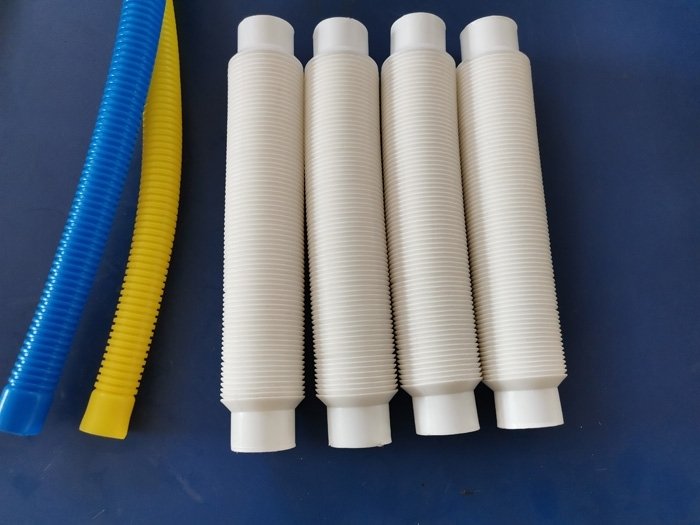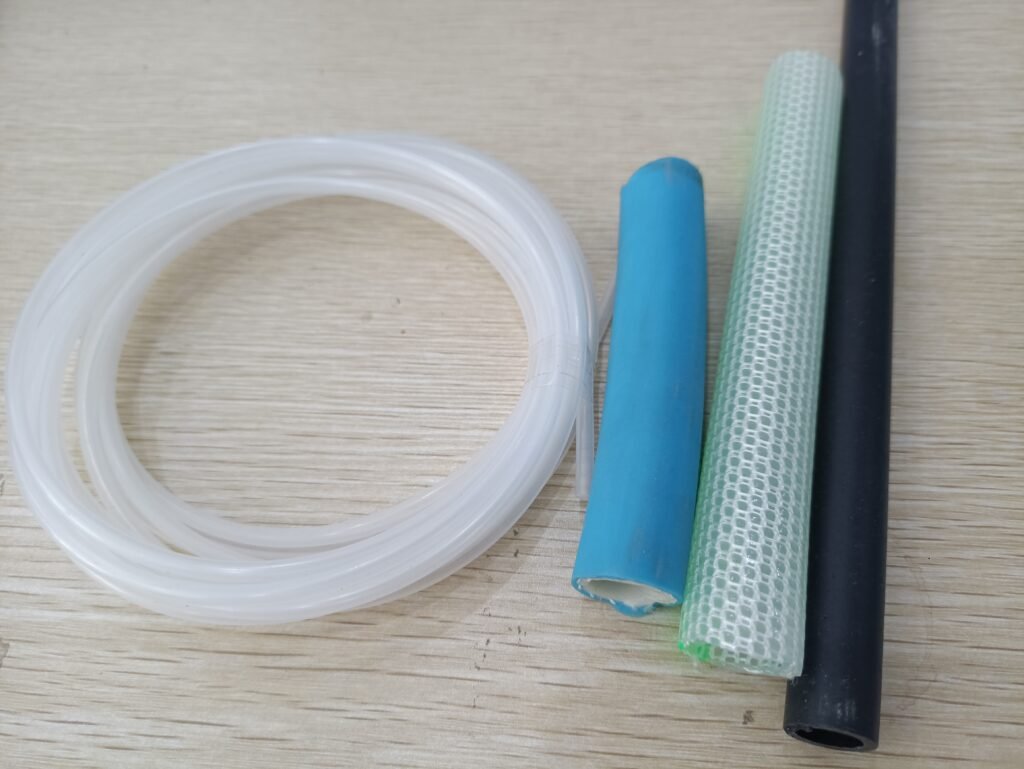
In continuing the discussion on how to enhance plastic recycling output, besides the previously mentioned optimizations of screw design and temperature control systems, we can also consider the following strategies and technologies:
1. Raw Material Pretreatment
- Classification and Cleaning: Conduct meticulous classification of the collected plastics to ensure that different types are not mixed together. Additionally, thorough cleaning to remove dirt, grease, and other impurities from the plastic surface improves the purity and processability of the recycled plastics.
- Crushing and Drying: Break down the collected plastics into appropriately sized particles for easier subsequent processing. Ensure that the plastic particles are dry to avoid the impact of moisture on the processing.
2. Advanced Recycling Technologies
- Chemical Recycling: Utilize chemical methods to decompose plastics into monomers or oligomers, which can be reused to produce new plastic products. Chemical recycling can handle plastic types that are difficult to process using traditional physical recycling methods, such as multilayer composites and plastics containing additives.
- Pyrolysis and Gasification: Decompose plastics into gaseous or liquid fuels at high temperatures, which can serve as alternatives to traditional fossil fuels. Although this method currently faces technical and economic challenges, it offers a new approach to plastic recycling.
3. Intelligence and Automation
- Intelligent Control Systems: Introduce advanced intelligent control systems, such as artificial intelligence (AI) and machine learning (ML) technologies, to optimize the plastic recycling process. These systems can adjust processing parameters based on real-time data, enhancing production efficiency and product quality.
- Automation Equipment: Use automation equipment to replace manual operations, reducing human error and improving production efficiency and safety. Examples include automated sorting systems, crushers, and extruders.
4. Policies and Incentive Measures
- Government Support: Governments can support the development of the plastic recycling industry by formulating relevant policies, such as providing tax incentives, funding subsidies, and research and development support.
- Consumer Education: Through education and promotional activities, raise consumer awareness of the importance of plastic recycling and encourage their active participation in recycling activities.
5. Industry Chain Collaboration
- Establishing Recycling Networks: Establish close cooperative relationships with plastic manufacturers, retailers, and consumers to jointly build plastic recycling networks. This helps ensure a stable supply and efficient utilization of recycled plastics.
- Technology Innovation and Sharing: Encourage enterprises within the industry chain to jointly engage in technological innovation and research and development, sharing experiences and resources to drive progress and development throughout the entire industry.
In summary, enhancing plastic recycling output requires comprehensive consideration of multiple factors, including raw material pretreatment, advanced recycling technologies, intelligence and automation, policies and incentive measures, and industry chain collaboration. By implementing these strategies and technologies, we can more effectively utilize recycled plastic resources, reduce environmental pollution, and promote sustainable development.



